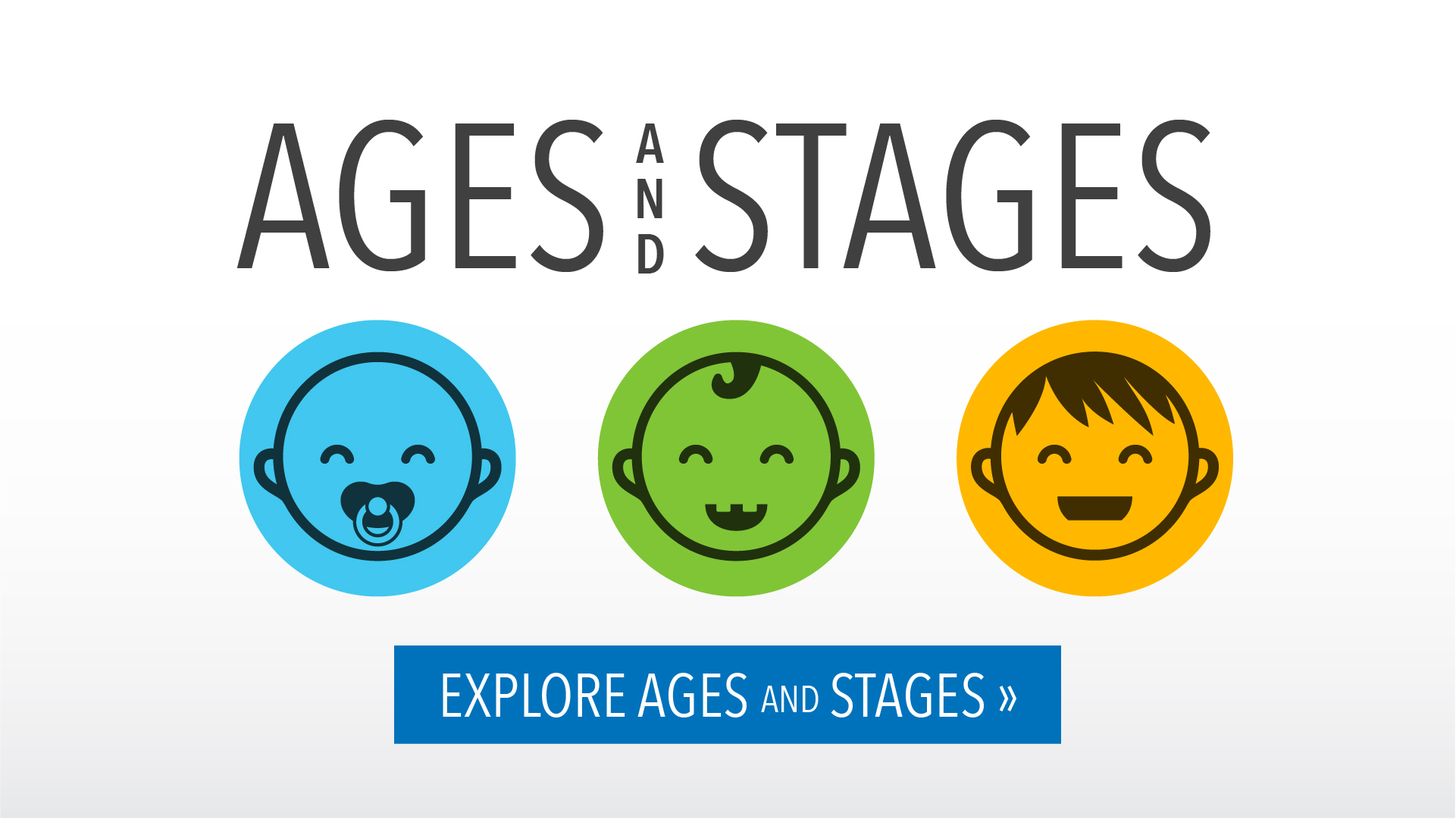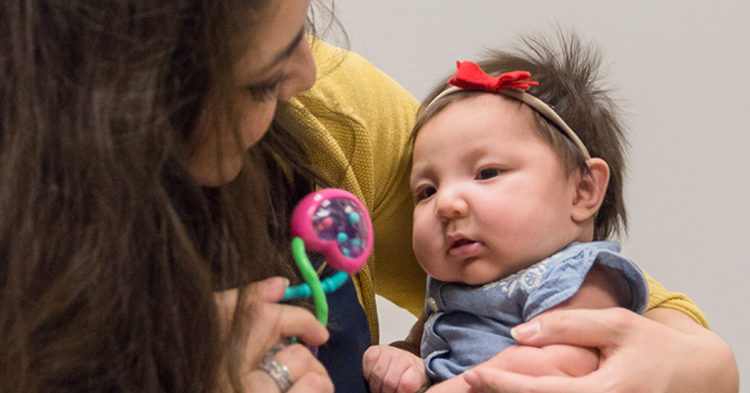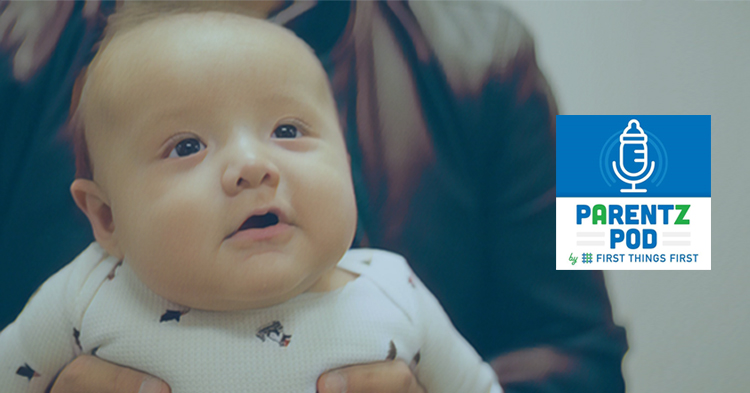It’s amazing how fast your child learns and grows. Their brain and body develop step by step from birth, and before you know it, the tiny baby you brought home from the hospital is walking, talking and doing somersaults.
Along the way, it’s natural to wonder if your child’s development is on track. Should she be crawling by now? When should he be saying sentences with multiple words?
All children are unique and develop differently, but First Things First’s new Ages and Stages tool can help you know if your child is meeting typical developmental milestones — the things most children can do by a certain age. How your child plays, learns, speaks, acts and moves offers important clues.
Available in both English and Spanish, Ages and Stages includes:
- What to expect at each stage of your child’s development, from baby to toddler to preschooler
- Video clips to see what the age-specific milestones look like in action
- What to look for if you have any concerns about your child’s development
- Tips and activities you can do with your child to help them learn and grow
Tracking Your Child’s Development
Tracking your child’s development can help you recognize and celebrate how they’re growing and also be more realistic in your expectations, which can help you be a better parent. Does your 9-month-old baby boy point at things with his fingers? Congratulations, he’s doing great! Does your 2-year-old girl play with the remote control even after you’ve told her not to? Defiant behavior is typical at this age!
When You Have a Concern
While children develop at their own pace, it’s important to talk with your child’s doctor if you think there could be a problem with your child’s development. You know your child best, so don’t wait to share any concerns about how your child moves, acts, speaks, learns or plays. If your child does need extra help, the earlier the better. Knowing the signs and acting early can make a real difference for your child and your family.
First Things First’s Ages and Stages content is adapted from the Centers for Disease Control and Prevention’s “Learn the Signs. Act Early.” program. Visit the CDC’s website for more resources and guidelines. You can also download the CDC’s free Milestone Tracker App. All information is available in both English and Spanish.




